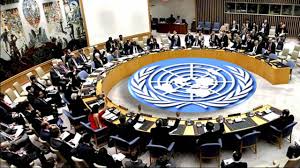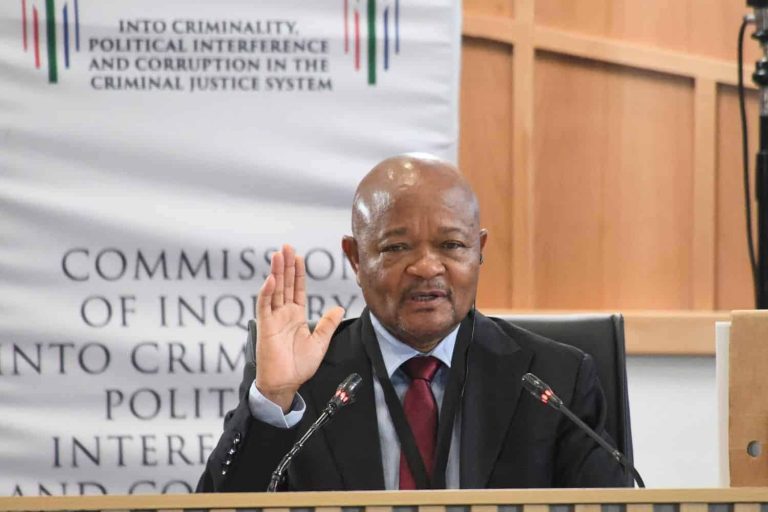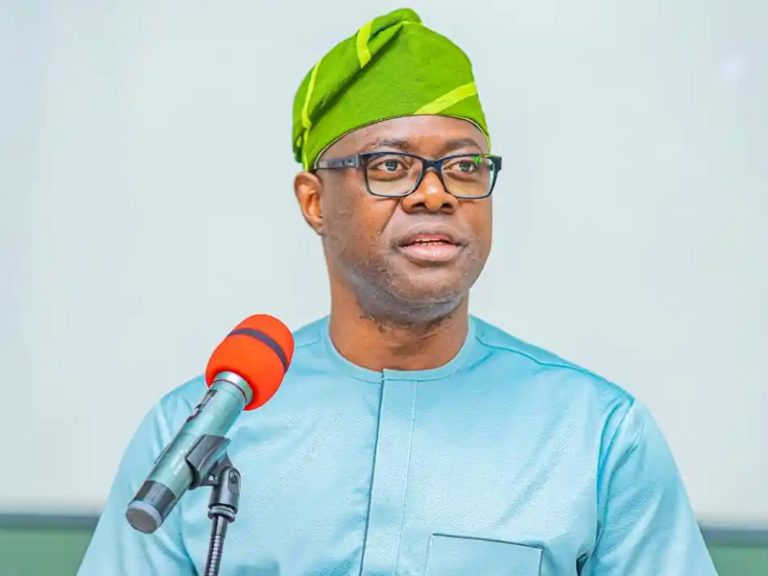
Nigeria has stepped up its campaign to secure permanent seats with veto powers for Africa on the United Nations Security Council, arguing that comprehensive reform of global governance is long overdue.
The call came as President Bola Tinubu emphasized the need for stronger AU-EU collaboration on peace and security initiatives, anchored in African-led frameworks, during the first plenary session on Peace, Security, Governance, and Multilateralism at the 7th African Union-European Union Summit in Luanda, Angola.
Represented by Vice President Kashim Shettima, Tinubu highlighted Nigeria’s successes in countering terrorism, noting that over 250,000 Boko Haram-affiliated individuals surrendered in early 2025 following a combination of kinetic and non-kinetic measures. He stressed that Africa faces interconnected challenges, including armed conflict, illicit arms proliferation, climate pressures, irregular migration, and political instability, that require coordinated international support.
“It is time for Africa to occupy permanent seats on the UN Security Council, with all associated privileges, including the veto. Genuine text-based negotiations under the Intergovernmental Negotiations framework must now begin”.
Tinubu said. He urged EU member states to support Africa’s long-standing and legitimate call for UN reform.
The Nigerian leader also underscored the importance of preventive diplomacy, inclusive governance, and long-term investments in people and infrastructure to address the continent’s security challenges. Highlighting Nigeria’s experience, he warned that unchecked regional instability fuels terrorism, insurgency, banditry, and transnational organized crime.
To tackle these threats, Tinubu cited Nigeria’s strategy combining military operations and community-focused interventions, including the Multinational Joint Task Force (MNJTF) in the Lake Chad Basin, a model of effective African-led cooperative security.
He noted that as of early 2025, over 120,000 Boko Haram-affiliated individuals and their family members had voluntarily surrendered, demonstrating the impact of Nigeria’s comprehensive approach.



